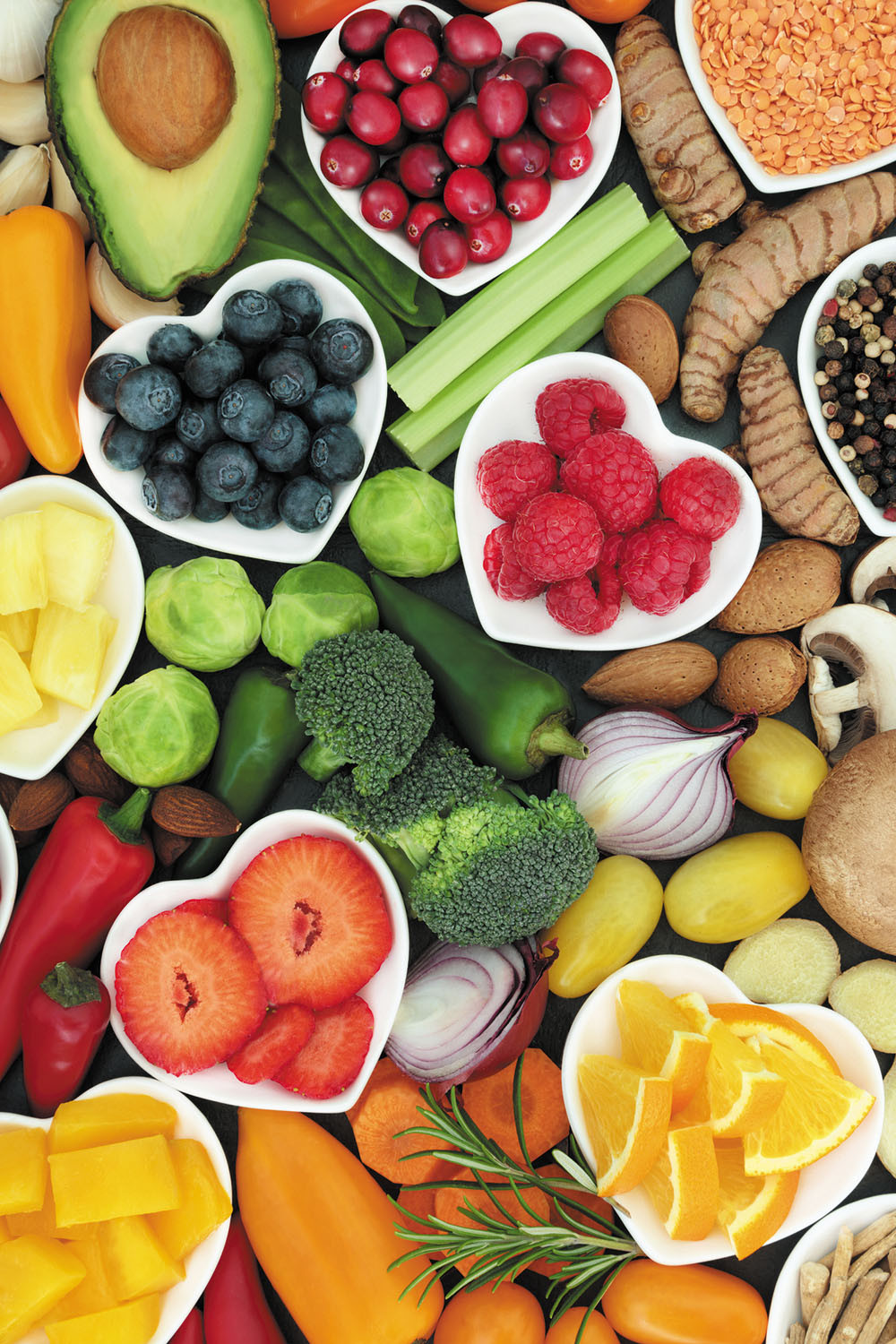
5 timeless habits for better health

What are the symptoms of prostate cancer?

Is your breakfast cereal healthy?

When pain signals an emergency: Symptoms you should never ignore

Does exercise give you energy?

Acupuncture for pain relief: How it works and what to expect

How to avoid jet lag: Tips for staying alert when you travel

Biofeedback therapy: How it works and how it can help relieve pain

Best vitamins and minerals for energy

Should you take probiotics with antibiotics?
Nutrition Archive
Articles
Is cheese a healthy source of probiotics?
Some types of cheese, including Swiss and Gouda, are a good source of probiotics, but eat cheese in moderation.
Seed of the month: Pumpkin seeds
Pumpkin seeds are one of the best natural sources of magnesium, a mineral that's important for keeping blood pressure in check. They're also a good source of several other minerals, unsaturated fats, and fiber.
How much protein do you need every day?
Wondering how many grams of protein to have per day? The answer may surprise you. Discover the recommended daily protein intake and how to calculate it here.
9 at-home treatments for acid reflux
GERD, or acid reflux, can lead to heartburn, a bad taste in your mouth, and other unpleasant symptoms. Here are some treatments you can try at home.
By the way, doctor: What's the right amount of vitamin C for me?
I'm 79 years old and have been taking 3,000 mg of vitamin C a day for years. I'm now uneasy about taking this amount and plan to cut back to 1,000 mg daily. Is this the right dose? Will my body be startled by the abrupt change?
5 foods to eat to help your heart
While the focus is often on avoiding unhealthy foods, adding in nutritious options can be a means of protecting and improving your heart health. Olive oil, mixed nuts, multicolored fruits and vegetables, fatty fish, and sources of soluble fiber are options to try.
11 foods that can help lower your cholesterol
People with elevated LDL cholesterol values may be able to reduce their LDL levels by eating more foods that are rich in fiber and lower in saturated fats. High-fiber foods include whole grains, beans, nuts, vegetables, and fruits. Saturated fats are found mainly in meat, cheese, and other high-fat dairy products such as butter, half and half, and ice cream.
Should you try fasting?
Intermittent fasting means that people avoid food for a designated amount of time each day. One of the most popular approaches is called 16/8. People eat during an eight-hour period—for example from noon to 8 p.m.— followed by 16 hours of fasting, in this case from 8 p.m. until noon the next day, when the pattern repeats. While science does not yet know the long-term benefits of intermittent fasting, initial short-term research has suggested the practice may help lower cholesterol, blood pressure, and weight, among other health benefits.

5 timeless habits for better health

What are the symptoms of prostate cancer?

Is your breakfast cereal healthy?

When pain signals an emergency: Symptoms you should never ignore

Does exercise give you energy?

Acupuncture for pain relief: How it works and what to expect

How to avoid jet lag: Tips for staying alert when you travel

Biofeedback therapy: How it works and how it can help relieve pain

Best vitamins and minerals for energy

Should you take probiotics with antibiotics?
Free Healthbeat Signup
Get the latest in health news delivered to your inbox!
Sign Up











